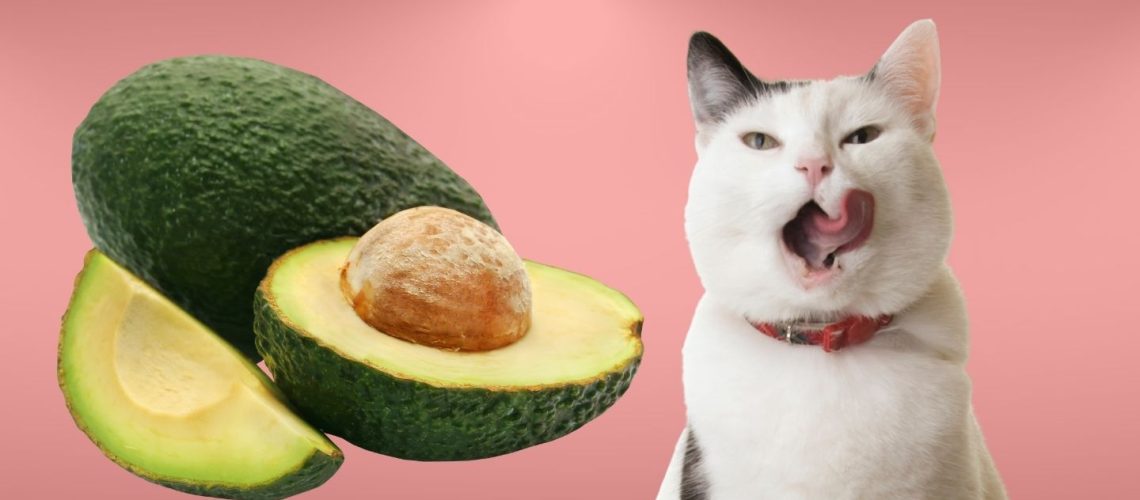The short answer to the question of whether cats can eat avocados is no. While avocados can be a healthy and nutritious food for humans, they are not suitable for cats to eat and can even be toxic to them. In this article, we will explain why cats should not eat avocados, and what to do if your cat accidentally ingests some.
Why Cats Should Not Eat Avocado
Avocados contain a substance called persin, which is toxic to many animals, including cats. Persin can cause vomiting and diarrhea in cats, and in severe cases, it can lead to difficulty breathing and fluid accumulation in the chest, abdomen, and heart.
While the flesh of the avocado is the most dangerous part, the leaves, seeds, and bark of the avocado tree can also be toxic to cats. Eating even a small amount of avocado can cause your cat to become sick, so it is best to avoid giving it to them altogether.
The Nutritional Profile of Avocado
Vitamins and Minerals in Avocado
Avocado is an excellent source of various vitamins and minerals, including vitamin K, folate, vitamin E, potassium, and magnesium. However, cats have different dietary requirements than humans, and the vitamins and minerals found in avocados are not necessarily beneficial or even safe for them to consume.
Fats in Avocado
Avocado contains a high amount of healthy fats, mostly monounsaturated fats. However, cats have different fatty acid requirements, and the fats in avocado are not an ideal source for them. Cats require specific animal-based fats for optimal health, making avocados unsuitable for their diet.
Persin: The Toxic Compound in Avocado
Persin is a fungicidal toxin found in avocados. While generally harmless to humans, it can be toxic to animals like cats and dogs.
Persin Poisoning Symptoms in Cats
If your cat ingests persin by consuming avocado, they may exhibit symptoms such as:
- Vomiting
- Diarrhea
- Difficulty breathing
- Lethargy
- Fluid accumulation in the chest, abdomen, and heart
The severity and potential long-term effects of persin poisoning in cats can vary, but it is crucial to act quickly if your cat shows any of these symptoms.
Treatment Options for Persin Poisoning
If you suspect your cat has ingested avocado, contact your veterinarian immediately. Treatment options can include administering activated charcoal, providing supportive care like fluids and medications to control vomiting and diarrhea, and hospitalization for severe cases.
Other Foods Cats Should Avoid
In addition to avocado, there are several other human foods that can be toxic or harmful to cats. These include:
- Chocolate
- Grapes and raisins
- Onions and garlic
- Xylitol (found in many sugar-free products)
- Alcohol
Instead, offer your cat safe and healthy treats like cooked meat or fish without any added seasoning or oils.
Tips for Preventing Accidental Avocado Ingestion
To help prevent your cat from accidentally ingesting avocado, follow these tips:
- Keep avocados and other toxic foods out of reach
- Use tight-fitting lids on trash cans to prevent scavenging
- Educate friends and family members about toxic foods for pets
Conclusion
In conclusion, avocados are not suitable for cats to eat and can be toxic to them. If your cat accidentally ingests avocado, it is important to monitor them closely for symptoms of persin poisoning and contact your veterinarian immediately. To keep your cat safe, it is best to avoid giving them avocado altogether and focus on providing a balanced, species-appropriate diet.











